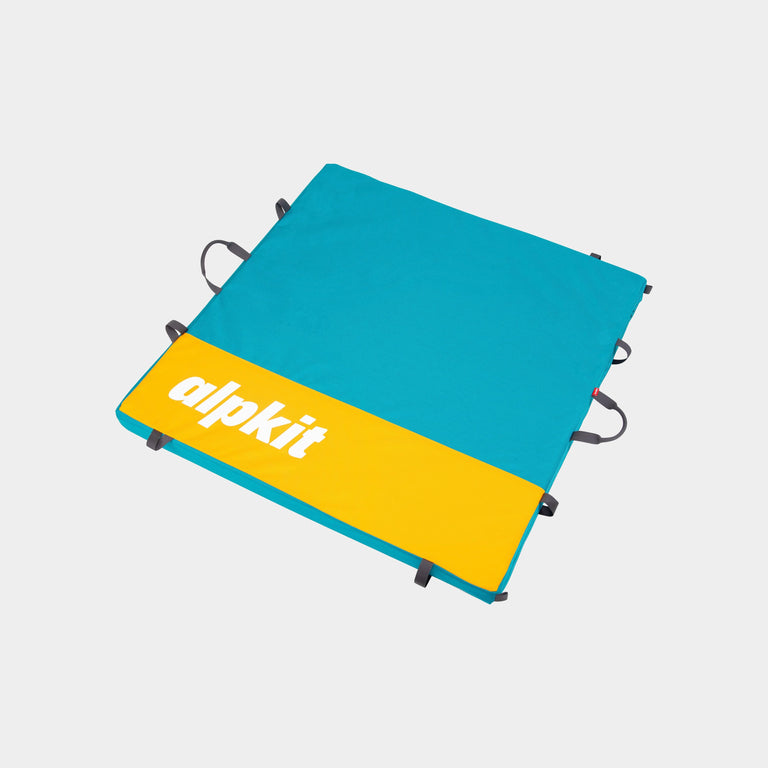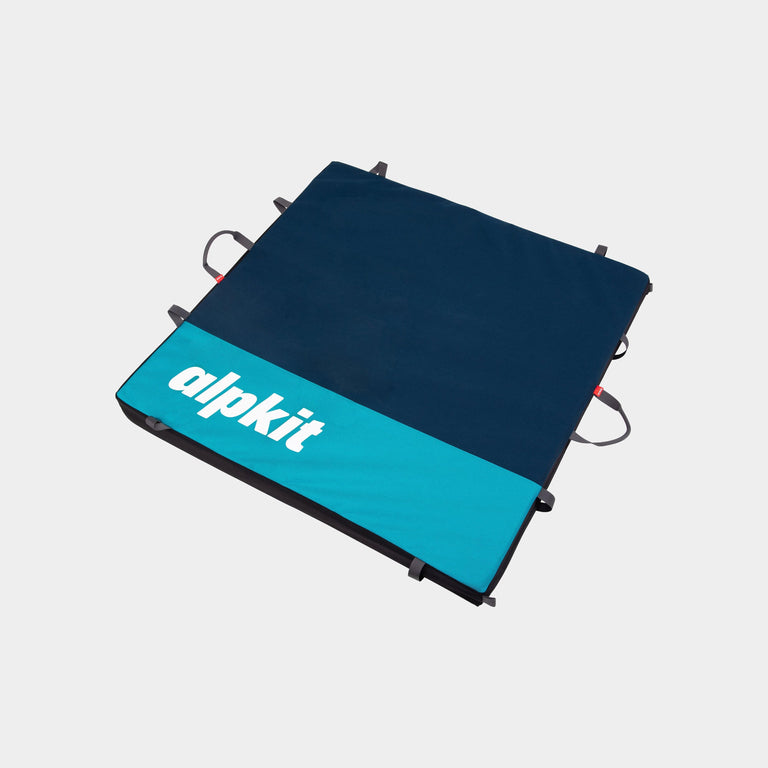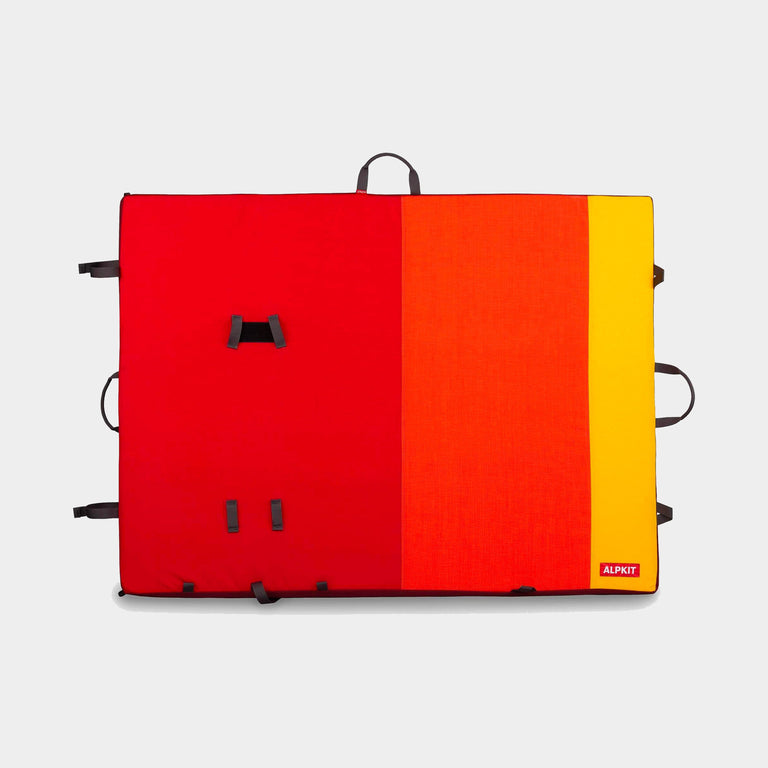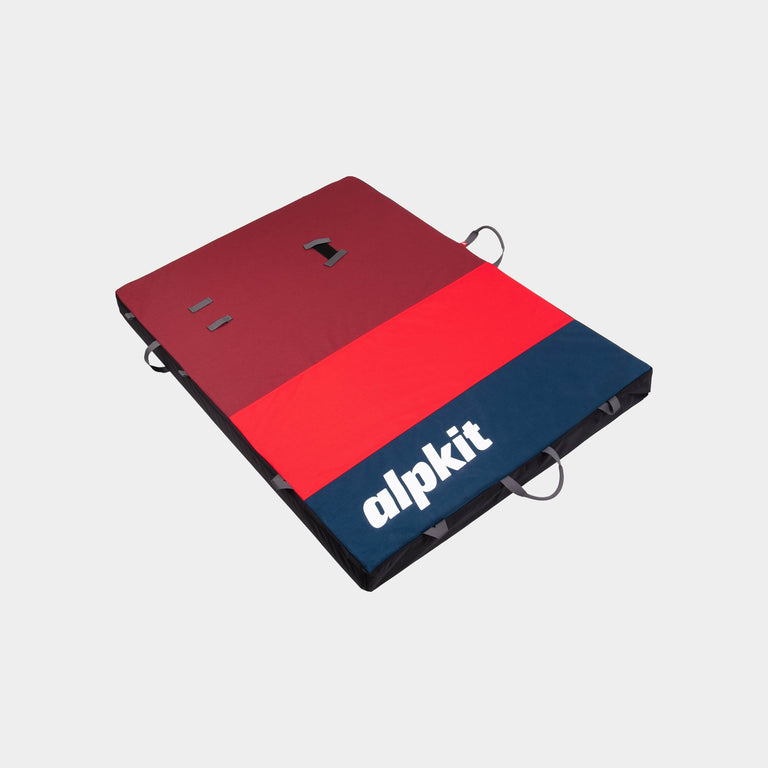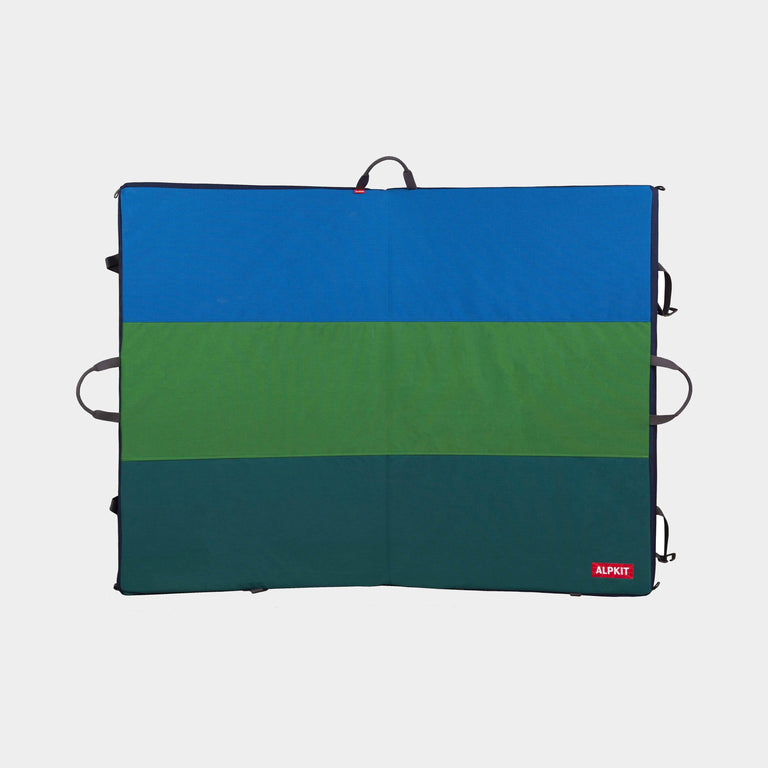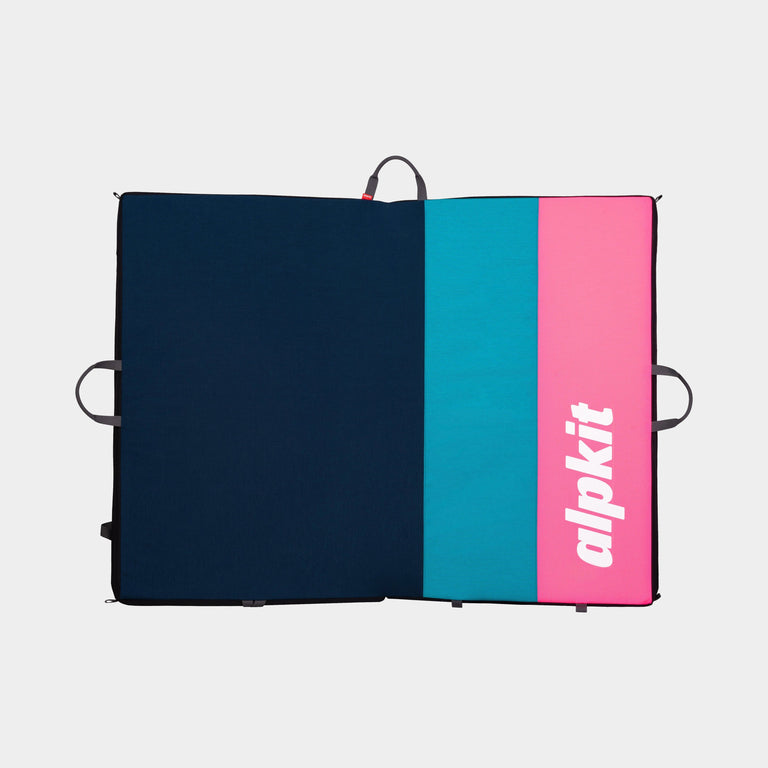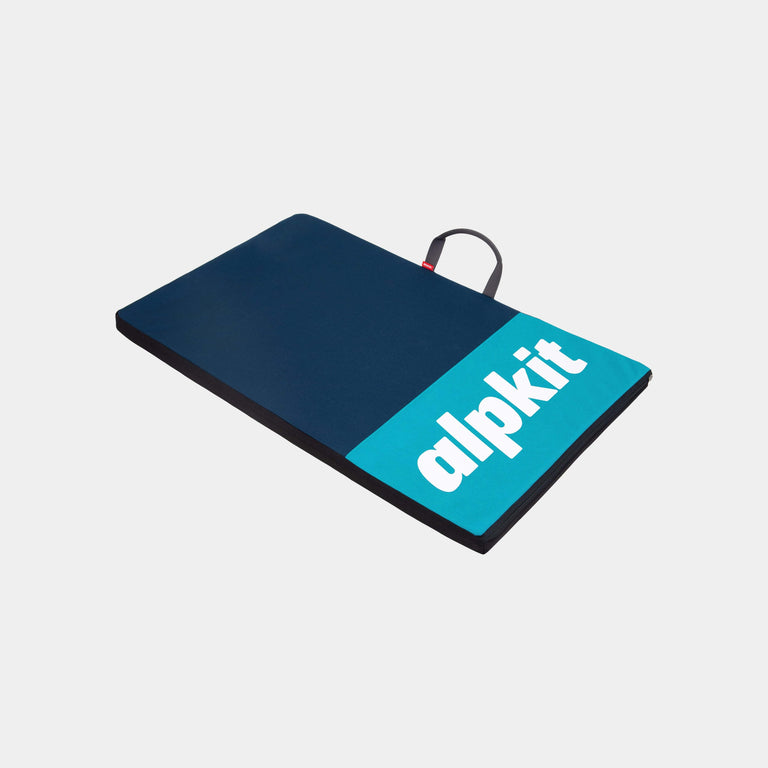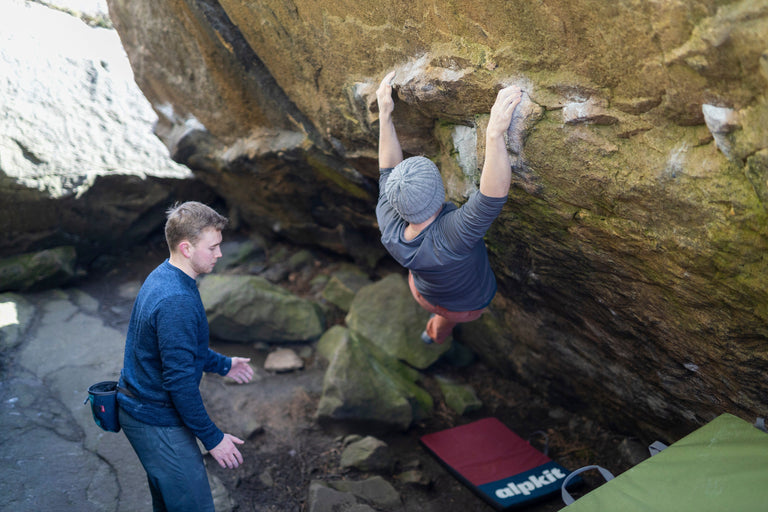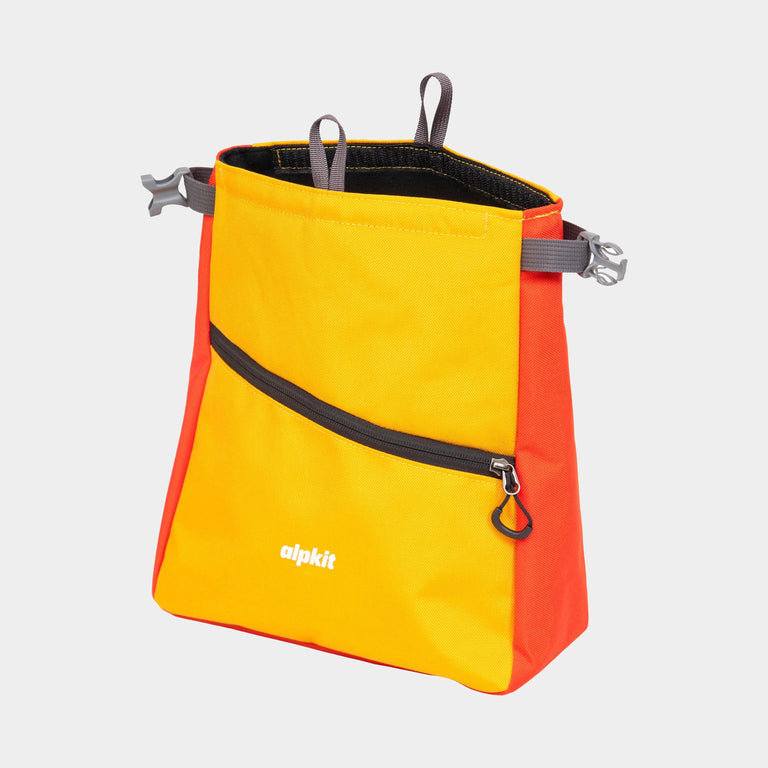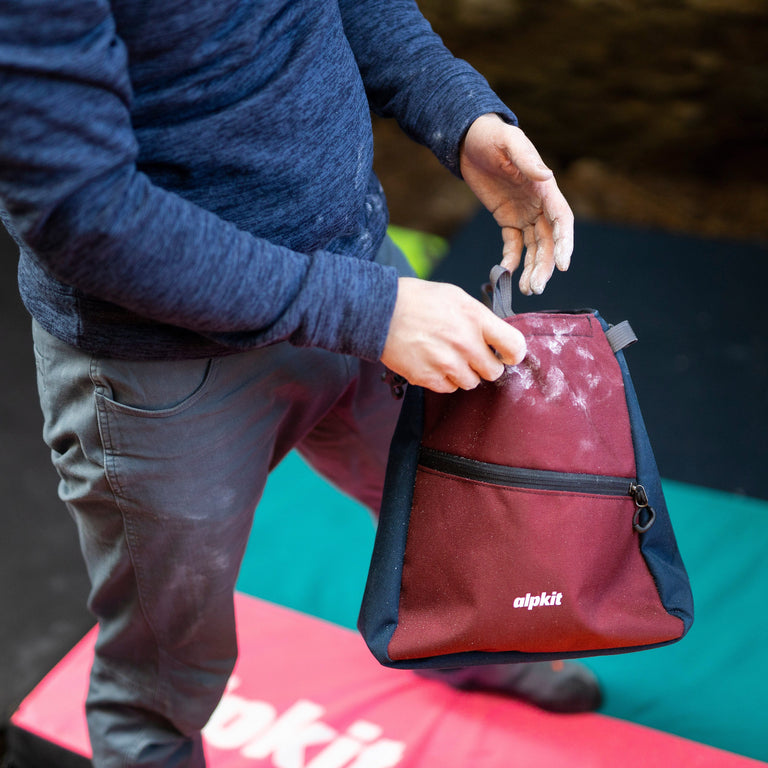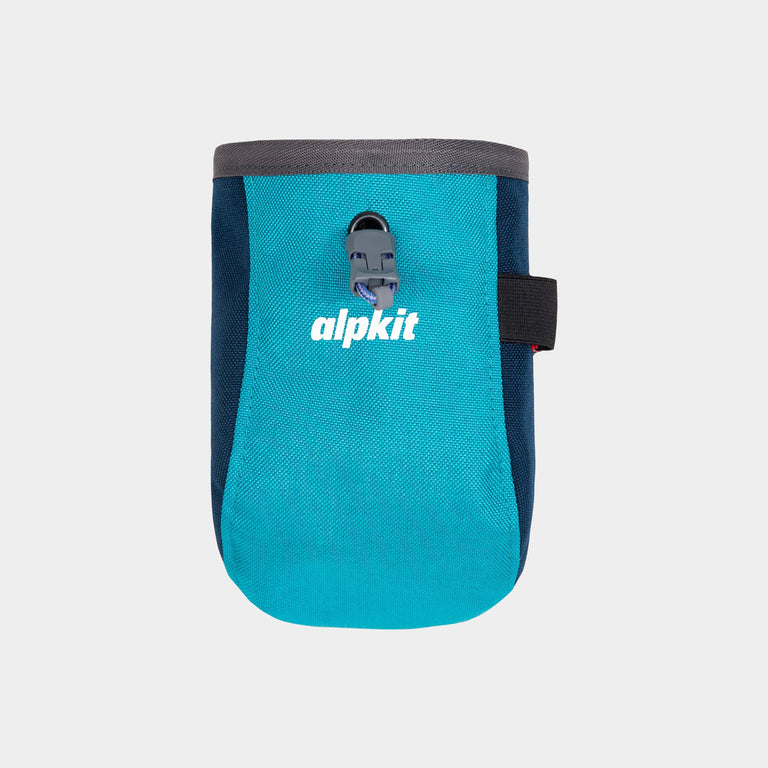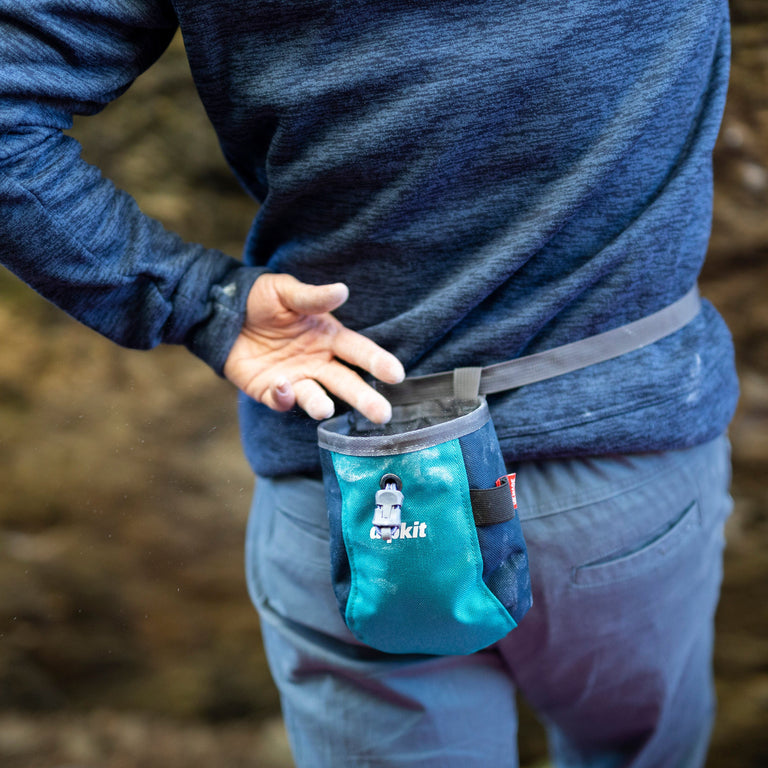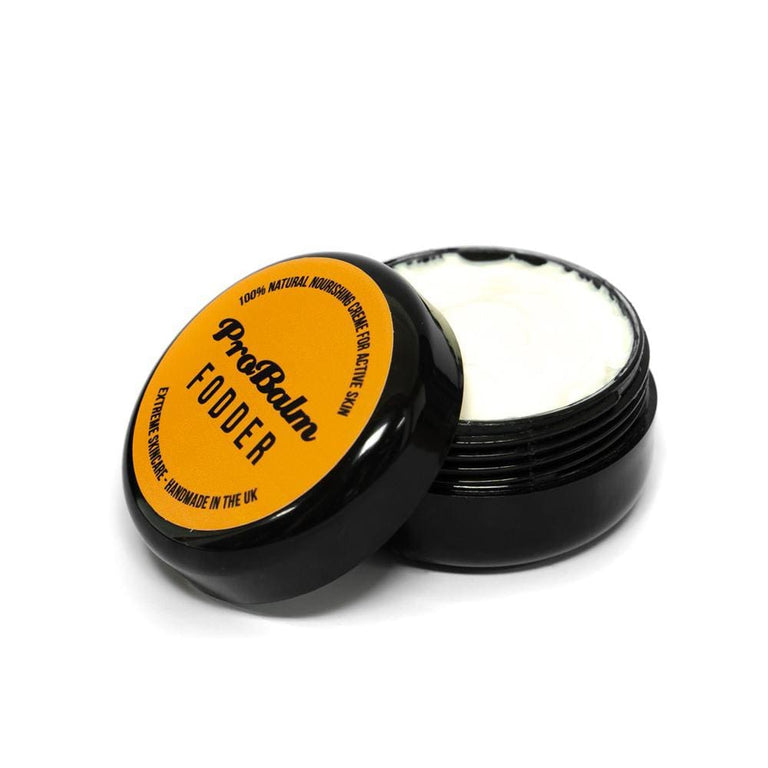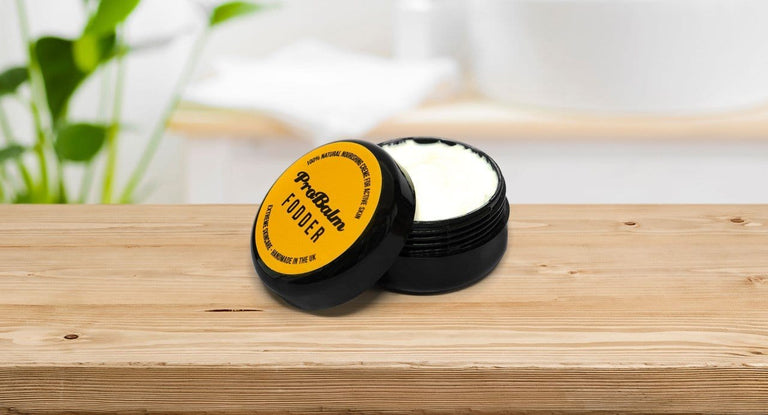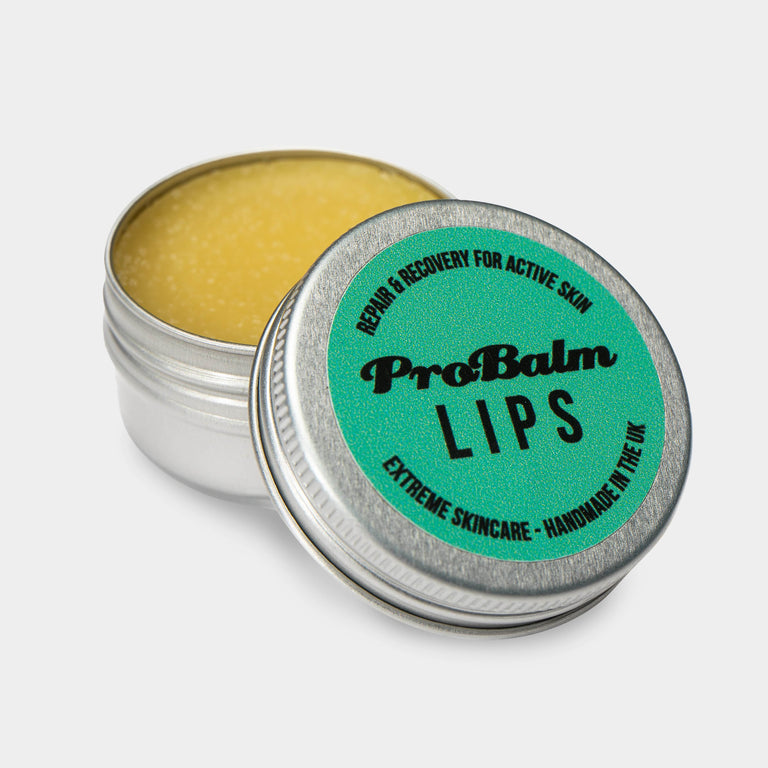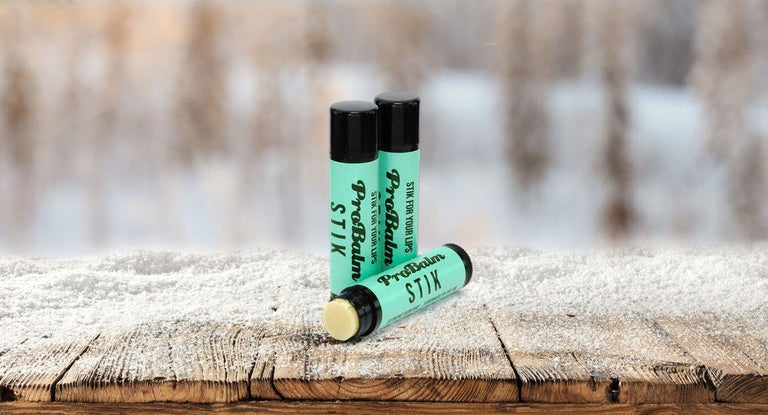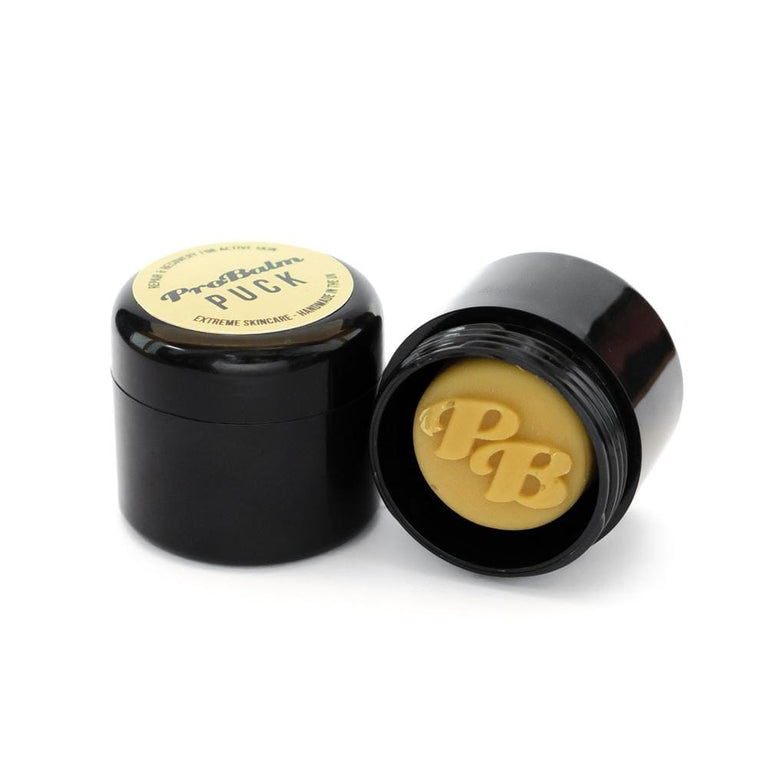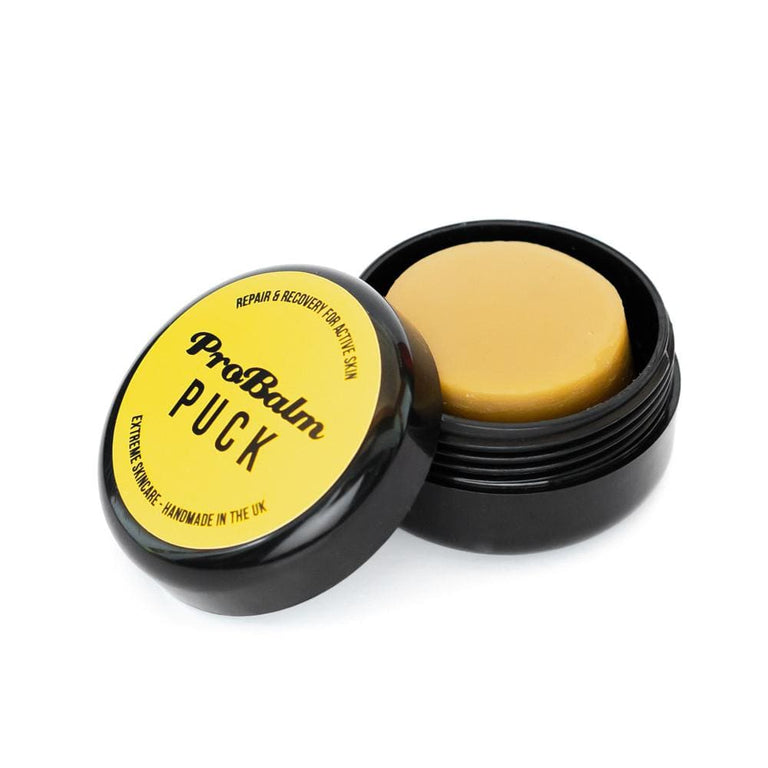
Tackle Cuillin Ridge with these tips. They're a guide to conquering its rugged path and making memories that stick with you long after the climb is done.
The Cuillin Ridge Traverse on the Isle of Skye is one of the most sought after mountaineering challenges in Britain. With twelve kilometres of scrambling terrain, eleven Munro summits, four graded rock climbs and 4000m of ascent, it certainly packs it all in! Alpkiteers Tom Ripley and Anna Wells share their Ten Top Tips for Success. Tom works as a guide on Skye helping clients achieve this fine objective, whilst Anna has the fastest female times for summer and winter traverses.
1.When to climb the Cuillin Ridge
Wet slippery rocks and poor visibility are not conducive to a successful traverse. A clear day makes navigation much easier when you can see the outline of the ridge ahead, and dry rock allows you to move much more quickly and safely over the complex terrain. Aim to have some flexibility in your dates so you can snatch the perfect weather window. May and June can typically provide stable weather windows and also provide the longest daylight time, but successful traverses can be possible at any time of year.

2. Learn the Cuiilin ridge
There is no shortcut to experience, and the more time you have spent on the ridge beforehand then the greater your chance of success. That’s not to say that the ridge cannot be “onsighted” by a competent party, but prior knowledge of key sections will definitely play to your favour.
3. Strategies for climbing the Cuillin Ridge
Decide if you are going for a single-day or a multi-day traverse - there are many pros and cons for each. A single-day traverse allows you to pack much lighter without the need for overnight gear and mutli-day food supplies but offers less margin for error. If you are a mountaineer interested in Munro summits rather than a rock climber the consider a North to South traverse to miss the technical sections. A multi-day traverse allows you to take a more relaxed pace, and camping on the ridge beneath the stars can be an amazing part of the over-all experience!

4. Have a grade or two in hand
On a traditional South to North traverse, there are four graded climbing sections. These are: TD Gap (Hard Severe), King’s Chimney (V. Diff), Inaccessible Pinnacle (Moderate) and Naismith’s Route (Severe). Whilst by modern standards grade might not seem difficult, do not underestimate them when climbing in boots/approach shoes with a rucksack on your back at the end of a big mountain day.
5. Alpine (early) start
It’s always better to have time and daylight on your side. Starting in the dark will save you getting hot on the initial ascent, and the bonus of a sunrise from the ridgeline is well worth setting your alarm! If you are planning on a pre dawn start then it would be well worth reccing the first bit of the walk in, as there is nothing more embarresing/annoying as going the wrong way in the dark. If early mornings aren’t your bag, then a super cool way to start the ridge is to take the boat from Elgol, and ascend directly to Ghars Bheinn.

6. Stay hydrated
Water is heavy so it can be tempting to cut back on your resources but do not fall into this trap – you are guaranteed to suffer more from dehydration than you will from the extra weight! Remember, once you have drank your water an empty 1L flask weighs the same as an empty 3L flask. Make sure you drink well before you leave in the morning, carry only 500m on initial slog up from Glenbrittle, and make the most of your last fill-up point. Be strict with your rationing and save water for when you will need it. When you finish your traverse or arrive at your bivi on a multi-day traverse, rehydration should be your number one priority. Powdered soup and fruit teas are perfect ways to get fluid into you on a bivi. Plan to bivi near a water source – unfortunately many of these require dropping a few hundred metres off the ridge. Another option is to use a recce day to stash some water where you plan to bivvi.
7. Buy a Harveys Map and a Rockfax topo
These are the go-to resources for clear diagrams and detailed route descriptions. The enlarged section on the back of the Harvey Map is very useful. Good route-finding is key to a successful traverse, but there’s more to navigation than obsessing over the micro-details in a guidebook. Following your nose and making logical decisions is likely to help keep you on track.

8. Pack light (but not too light!)
Think carefully about everything you put in your rucksack because you’re going to be carrying it a long way! Strip your climbing rack down, none of the pitches are very long, and chop-down an old rope to 40m which facilitates the longest abseil (a skinny single would be perfect). However don’t compromise on safety, and ensure you have enough warm clothing, emergency shelter, headtorch, mobile phone and a first aid kit. For a multi-day traverse in warm weather consider forgoing your sleeping bag and sleeping ina bivi bag with your down-jacket. Although there is a massive psychological benefit to having a hot dinner, another way to save weight is to leave the stove behind and bring food that doesn’t require cooking.
9. Don't underestimate it
The Cuillin Ridge Traverse is likely to be longer, harder and better than you ever imagined! Do not underestimate the scale of the challenge. Whilst 12km of distance might not sound like much, the traverse involves 4000m of ascent and covers a huge amount of technical ground with a lot of route finding along the way. The fun continues all the way to the end, with an exposed climb up Naighsmith’s route and a final adventurous scramble up the West Ridge of Sgurr nan Gillean

10. Have a end of ridge car retrieval plan (and make it in time for last orders at the Sligachan)
A South to North traverse finishes at the Sligachan hotel and there is nothing better than arriving exhausted, elated and starving to enjoy a well-deserved pub dinner. Leaving your tent pitched in the Sligachan campsite means you can then roll into bed and deal with the faff of retrieving your car from Glenbrittle the following day. The return route by road is 14miles and options include hitchhiking or a taxi. Another option is to park near the Fairy Pools, giving you an extra 5km at the beginning of your traverse but allowing you to descend an alternative route from Sgurr Nan Gillean to arrive directly back to your car. If you’re lucky enough to have two cars then obviously a car drop would be the easiest solution.
Bonus 11. Enjoy it - go with a good friend
A traverse of the Cuillin ridge should be an experience of a lifetime. You are likely to laugh, suffer and celebrate together, so make sure you make those memories with a good mate!

